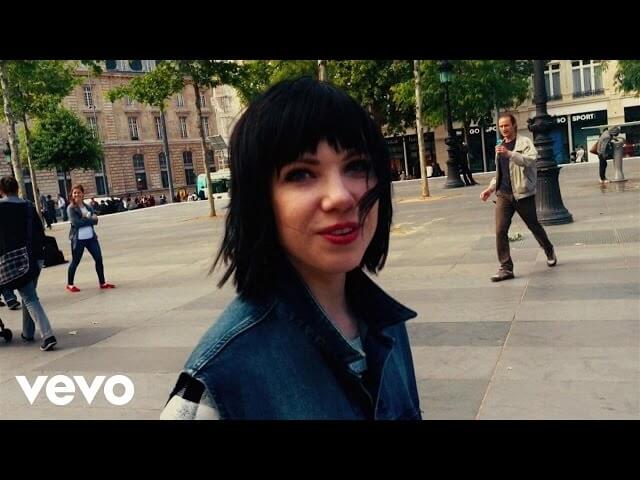On “Run Away With Me,” Carly Rae Jepsen is the lead character of her own fairy tale
Music Features Music
In Hear This, The A.V. Club writers sing the praises of songs they know well. This week, in honor of The Grammys, we’re stumping for songs we think should have been nominated for “Song Of The Year.”
Carly Rae Jepsen, “Run Away With Me” (2015)
Carly Rae Jepsen’s status as a critical darling is well-documented, although it’s been more difficult for the pop star to achieve the same level of commercial or radio adoration post-“Call Me Maybe” and “Good Time”: Last year’s Emotion spawned only one Top 40 single, “I Really Like You,” and peaked at No. 16 on the Billboard album charts. Chart positions and radio saturation are a narrow way to measure success, however, especially because on a creative level, Emotion was a rousing triumph. Unlike many pop albums, the record sounded utterly enjoyable and pleasurable, thanks to a combination of retro-futuristic pop tropes and enlightened lyrics.
This is no more evident than on “Run Away With Me,” Emotion‘s effervescent first track. Buoyed by a backdrop of Miami Vice saxophones, merry-go-round synth stacks and snappy electronic beats, Jepsen implores a crush to throw caution to the wind and go on an adventure with her. Unlike other pop songs of this ilk, however, the tune takes pains to stress that she’s no shrinking violent waiting around for Prince Charming. Jepsen is the lead character in her own fairy tale, in charge of her own destiny: “Run Away With Me” is an us-against-the-world romantic fantasy where she’s in the driver’s seat—at one point, literally—and boldly making the first move in matters of the heart and libido. That confidence is at once infectious and inspiring, which makes the song an antidote to both passive romantic dalliances and traditional relationship approaches.